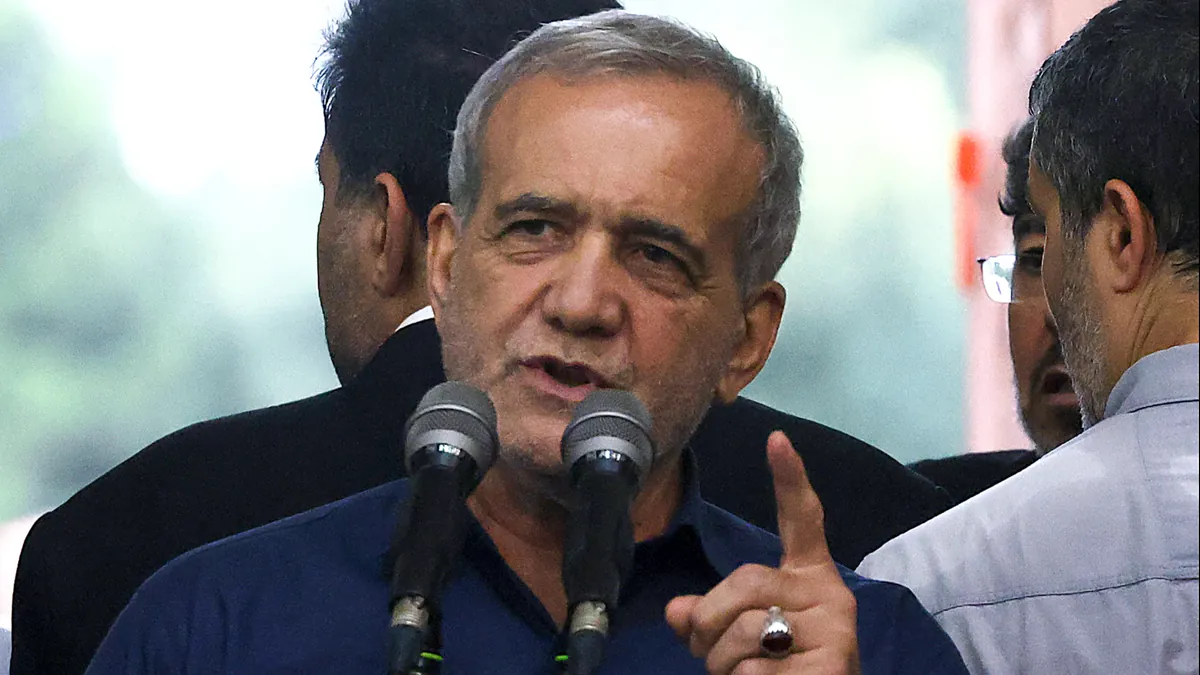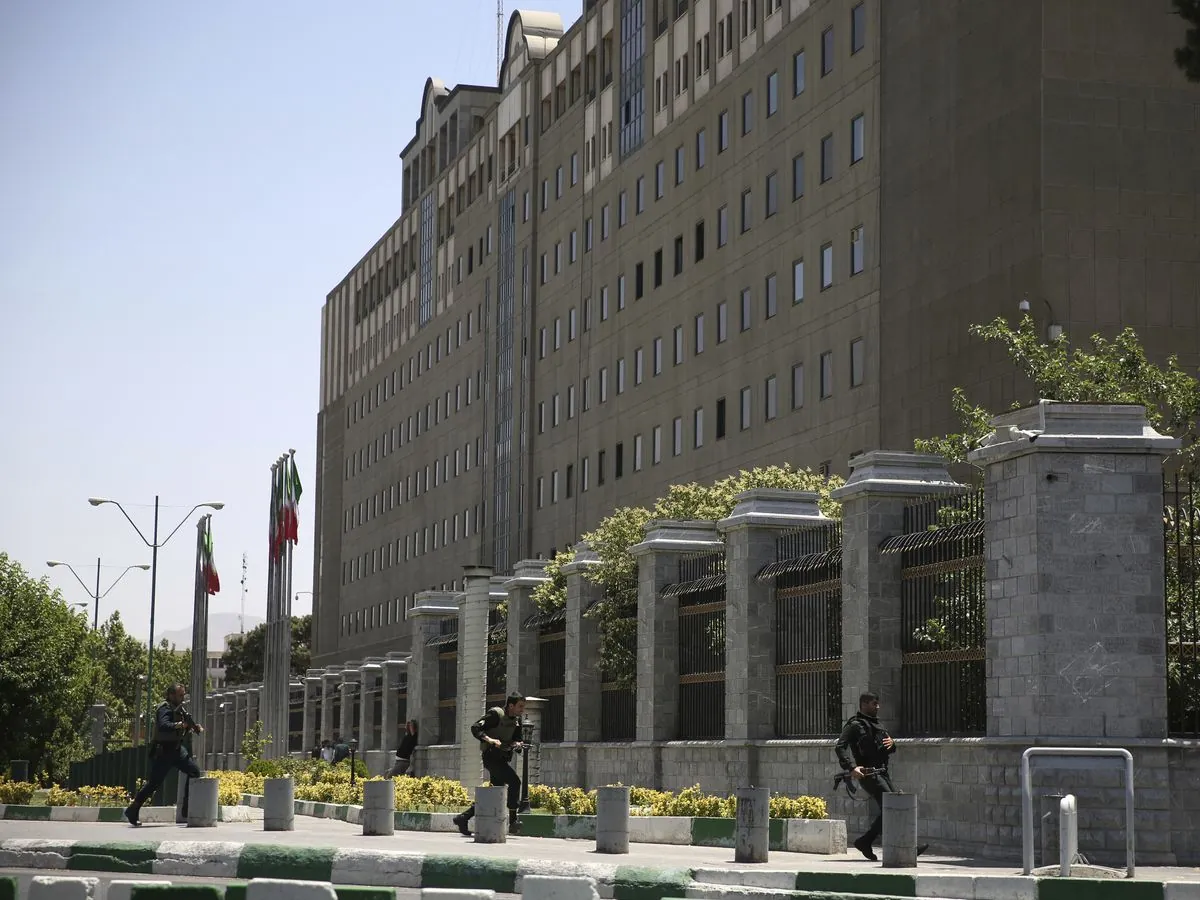Iran's New Leadership Seeks Western Engagement Amid Challenges
Iran's new government signals interest in Western reengagement despite sanctions and regional conflicts. President Pezeshkian faces domestic and international hurdles in his bid to end isolation.

In recent months, Iran's new political leadership has indicated a willingness to reengage with Western nations, potentially ending years of isolation for the Islamic Republic of Iran. This shift comes as the country grapples with numerous challenges, both domestic and international.
President Masoud Pezeshkian, who assumed office in July 2024, faces a complex geopolitical landscape. Iran remains entangled in regional conflicts, including the ongoing Israel-Lebanon tensions, while its economy struggles under the weight of international sanctions. The country's nuclear program continues to be a point of contention with the global community.
Despite these obstacles, Pezeshkian's administration appears determined to pursue diplomatic channels. This approach aligns with Iran's historical pattern of balancing internal pressures with international relations. The country's unique governmental structure, featuring both elected officials and the supreme religious authority, often results in a dual-track policy approach.

Iran's pursuit of engagement comes at a critical time. The nation possesses significant natural resources, including the world's second-largest natural gas reserves and fourth-largest proven oil reserves. However, economic sanctions have severely limited Iran's ability to capitalize on these assets. With approximately 60% of its population under 30, the country faces mounting pressure to create economic opportunities and address domestic concerns.
The international community, particularly the United States, has responded cautiously to Iran's overtures. On September 10, 2024, U.S. Secretary of State Antony Blinken announced new sanctions against Iran, citing alleged ballistic missile transfers to Russia. This action underscores the challenges Pezeshkian's government faces in rebuilding trust with Western nations.
"Iran's new president and foreign minister have repeatedly said that they want to restore engagement with Europe, they want to receive sanctions relief. Destabilizing actions like these will achieve exactly the opposite."
The nuclear issue remains a central concern in Iran's international relations. The Joint Comprehensive Plan of Action (JCPOA), signed in 2015, aimed to curb Iran's nuclear program in exchange for sanctions relief. However, the agreement's collapse in 2018 has led to increased tensions and renewed nuclear activities.
Pezeshkian's cabinet appointments reflect a renewed emphasis on diplomacy. The inclusion of experienced negotiators like Mohammad Javad Zarif and Abbas Araghchi suggests a serious intent to reengage in nuclear talks. However, any significant policy shifts will require the approval of Supreme Leader Ali Khamenei, who holds ultimate authority in Iran's theocratic system.
As Iran navigates this complex diplomatic landscape, it must also address internal challenges. The country's rich cultural heritage, including 24 UNESCO World Heritage Sites, stands in contrast to its current international isolation. Balancing modernization with traditional values remains an ongoing challenge for Iranian leadership.
The coming months will be crucial in determining whether Iran's new diplomatic approach can yield tangible results. As the nation approaches its solar calendar new year, the world watches to see if this ancient civilization can forge a new path in the modern global order.


































